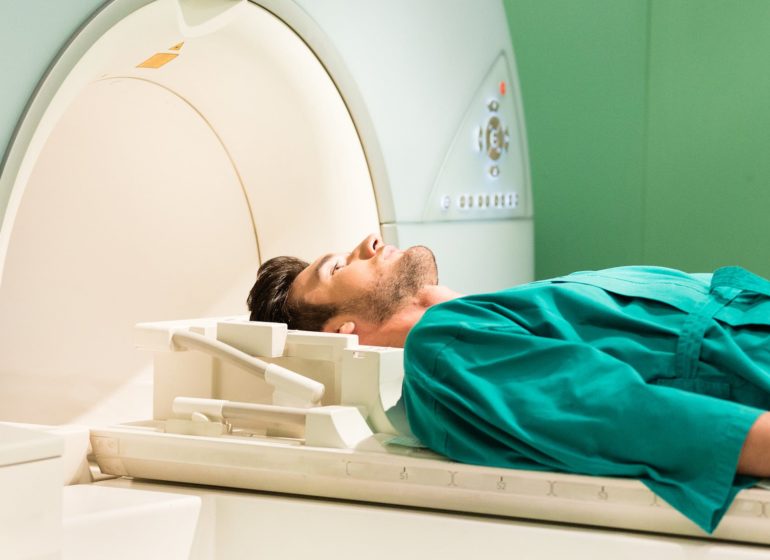Scientists at the University College London (UCL) have developed a new prostate cancer test that detects dangerous cancerous cells in men long before they pose any health risks.
According to Telegraph, the researchers employed the use of magnetic resonance imaging (MRI) technique to achieve accountable precision and accuracy in the prediction of prostate cancer risks in men.
It is believed that the MRI scan for prostate cancer has already been offered to 450 men, with another 350 set to be screened in London this summer as part of UCL trial.
Mark Emberton, c0-researcher for the study, noted that the test will not involve a doctor’s professional expertise, administering injection or exposure to radiation.
He added that men who take the trial between the age of 55 and 6o without any signs of prostate cancer are most likely to enjoy the rest of their lives without the fear of cancer.
“Prostate cancer is pretty slow-growing, so if your prostate (test) comes back looking very clean at 55, 60 – I don’t know what age we’ll choose yet – you’re probably very unlikely to get prostate cancer,” Emberton said.
The ten-minute test will group its results using the traffic light colours. Green depicts no signs of cancer, yellow calls for further testings while red means patients should urgently undergo cancer treatment.
One of the limitations of the current prostate-specific antigen (PSA) blood test, is its ability to miss about 15 per cents of dangerous cancers while detecting more harmless growth in patients.
The new trial, funded by the UK government to help improve cancer diagnosis, differs from existing methods of diagnosis because it ignores growths that have no health implications.
Also, men with high serum prostate-specific antigen usually undergo a screening called transrectal ultrasound-guided prostate biopsy (TRUS biopsy). This screening comes with side effects including infection, pains and bleeding.
All these unnecessary pain and discomfort will be avoided with the use of the new magnetic resonance imaging test.
The researchers are set to conduct a follow-up study in order to determine the number of ‘healthy men’ that would turn out for an MRI scanning. The results would also help them draw out an age range for a universal screening test.
Copyright 2024 TheCable. All rights reserved. This material, and other digital content on this website, may not be reproduced, published, broadcast, rewritten or redistributed in whole or in part without prior express written permission from TheCable.
Follow us on twitter @Thecablestyle

